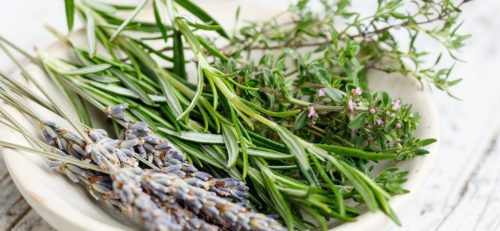How Herbs Work
Any questions call us at 904-826-1965

Our goal here is to help you have a successful experience with healing herbs. In order to do so you need to understand how herbs actually work.
Whether you are a complete beginner or someone who has used herbs before, you might be surprised to learn that even some herbal “experts” do not know how herbs work. What kind of work do herbs do? Let’s look at several different ways people think about herbs.
When someone tells you that an herb has a particular healing property, and you try it, and it works, we call that folk healing. Folk healing is that knowledge that is shared among the people, sometimes passed down from generation to generation, other times used by lay healers or even professionals. The proof of folk healing is: “we know it works because it works.“
This is a great place to begin. Try a remedy and see if it works. If you need more information to convince you, we recommend going to the library and using reference books such as the Herbal PDR (Physician’s Desk Reference). This classifies herbs according to chemical constituents, scientific research, and safety. We call this approach scientific herbology or phytotherapy (plant therapy). The proof of scientific herbology is: “we know it works because there are studies that show it does.“
Herbalists are people who use herbs clinically. They use both folk healing and scientific herbology. Additionally, they uses principles of healing based on herbal properties, therapeutic categories, and “knack.” This is called traditional herbalism.
Let’s look at the three things herbs do in traditional herbalism:
- Cleansing or Detoxification
- Balancing or Regulation
- Building or Tonification
Regardless of what kind of symptoms you have, or what the medical diagnosis is, if you are going to take herbs, the list above describes the three ways herbs actually help the body heal.
Whether in East or West, all the way back to ancient Greece, China, or India, and all the way up through the 20th Century in North America and Europe, the principles listed above encompass all the systems that people have used for healing with herbs.
Rather than go into deep details about some of those systems, like Chinese Herbal Medicine, we will focus here on the fundamental principles that lead to true success with herbal healing.
- In wholistic herbal thinking, it is better to use whole herbs rather than extracting a chemical constituent from the herb into a “concentrate”.
- Herbs have food-like qualities, which means they have nutritional value, and therefore are “food,” for the body.
- Herbs can help remove metabolic waste products from the body and help reduce stress on the organs.
- Herbs are not drugs; they can balance the metabolism in a general way in addition to having specific therapeutic properties.
- Herbs can be matched to a person’s constitution, thus making an herbal therapy very specific and individualized.
- Herbs have a vital force, which aids the vital force of the body move in the direction of healing.
This is how professional herbalists think about herbs. These are time-honored principles. The proof of traditional herbalism is: “we know herbs work because we use knowledge that goes back thousands of years based on traditional methods of healing“.
Since herbs are “the people’s medicine,” we recommend making herbs a part of your life, whether it is using essential oils for a bath, drinking ginger tea for a cold, taking a valerian capsule for sleep, or taking butterbur tincture for headaches.
If the simple things don’t work, you can do more research if so inclined. Ask a grandmother, ask at the health food store, go to the library or look for scientific research online–all are valid ways to learn about herbs. For more complex problem solving, you may want to engage the services of a trained herbalist.
For some very practical tips we encourage you to read:
